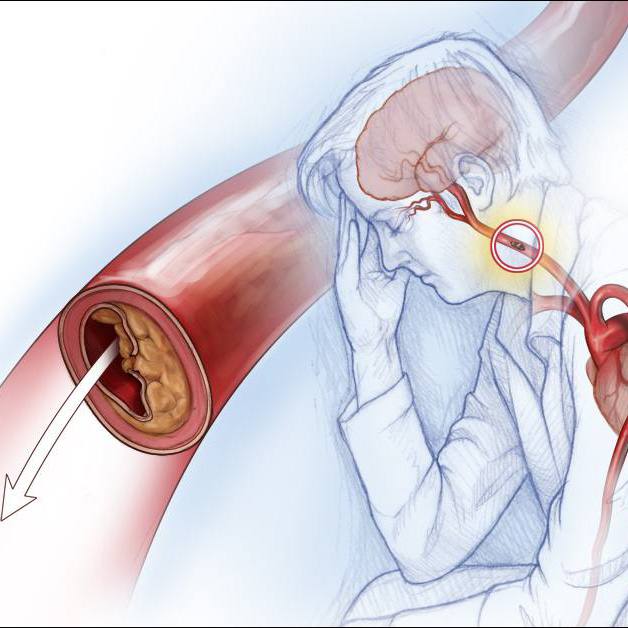-
Florida
Lessons Shared from Transmission of Hepatitis C Infection to Patients
JACKSONVILLE, Fla. — Findings of an extensive investigation at Mayo Clinic, published in the April 3 issue of the Annals of Internal Medicine, serve as a warning to other health care institutions that drug diversion by a health care worker can spread hepatitis C, a potentially fatal viral infection, to patients.

The report details the effort that Mayo Clinic in Florida undertook to find the source of a genetically related hepatitis C virus that appeared in three patients over a 2 to 3 year period of time. Investigators eventually traced the source to a radiology technician who was using a portion of narcotics contained within syringes intended for patients, and then replacing the missing fluid with saline. The process contaminated the syringes with hepatitis C.
Mayo Clinic then identified 3,929 patients who were at risk for exposure to hepatitis C, and invited them to be screened. Of the 3,444 patients who were tested, two additional cases of genetically related hepatitis C infection attributed to the employee were identified.
The report, written by infectious disease experts and epidemiologists at Mayo Clinic, the Florida Department of Health, and the U.S. Centers for Disease Control and Prevention, is the most thoroughly documented instance of hepatitis C transmission caused by drug diversion in an American hospital or clinic, according to the report's lead author, Walter Hellinger, M.D., a health care epidemiologist.
Four other instances have been reported to date in the United States and, of these, only one in which narcotic diversion was suspected but not confirmed has been published in a peer-reviewed medical journal, he says.
"We owe our patients the best care possible, which meant conducting a thorough, investigation," says Dr. Hellinger, who also serves as chair of Infection Control at the Mayo Clinic campus in Florida.
"Based on our experience, health care institutions should realize this kind of hepatitis C transmission is possible," he says.
Dr. Hellinger also says that while some areas within hospitals are closely monitored for drug diversion — such as operating rooms — stronger efforts probably need to be made to prevent drug diversion in all hospital units nationwide. "Our report also suggests that strategies to prevent narcotics tampering in all health care settings are needed," he says.
The study received no external funding.
Media Contact: Kevin Punsky, 904-953-2299 (days), punsky.kevin@mayo.edu







